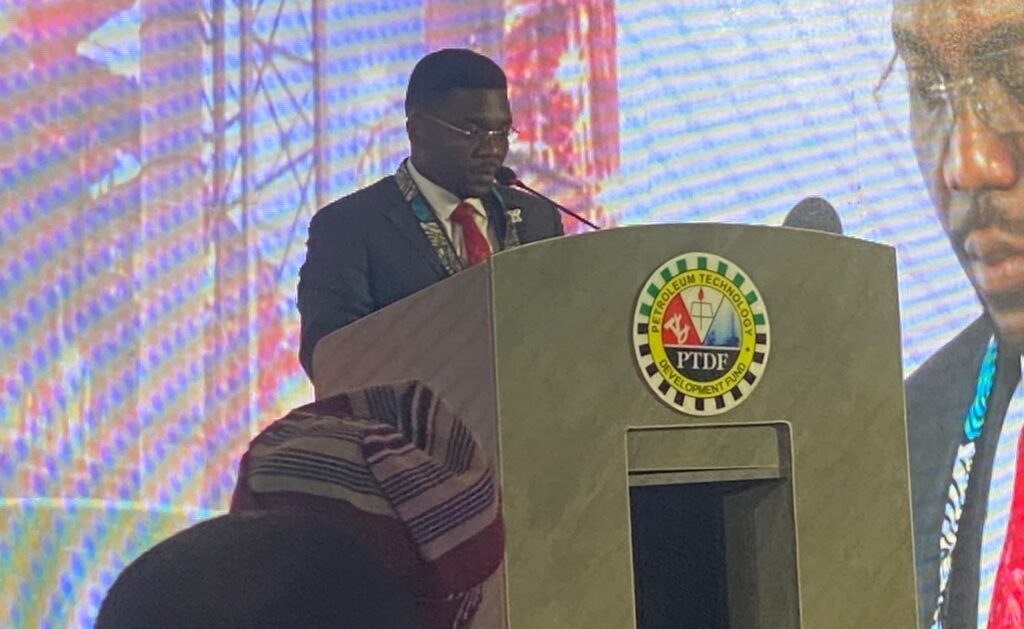By: Goodluck E. Adubazi, Abuja.
At the opening of the 4th biennial International Conference on Hydrocarbon Science & Technology (ICHST) held on 22–23 October at the PTDF Towers in Abuja (theme: “Transforming Africa’s Hydrocarbon Sector: Balancing Growth, Environment and Governance”), the technical‑advisor to Pana Holdings delivered a keynote on behalf of Group CEO Dr. Daere Akobo.
Akobo (via his spokesman) emphasized that “a dream without a deadline is a nightmare,” and stressed that Pana Holdings — along with its subsidiaries such as EMP Limited, AKG Solution, Pana Academy — is centred on innovation, sustainability and long‑term value across Africa.
He posed the defining question for the continent: How do we transform Africa’s petroleum/energy sector into a platform for inclusive prosperity, environmental responsibility and sound governance?
Drawing on data from the International Energy Agency and other sources, he noted Africa holds more than 125 billion barrels of oil and over 620 trillion cubic feet of natural gas. Yet simultaneously more than 6 million people in Sub‑Saharan Africa remain without electricity, and nearly a billion lack access to clean cooking fuel — a paradox of vast resource potential and enduring energy poverty.
His three pillars are Operational excellence — improving efficiency, safety, integrity, cost control and environmental management across the hydrocarbon value chain.
Decarbonisation — targeting the highest‑carbon chains (e.g., flare reduction, gas utilisation) and applying practical technologies (carbon capture, cleaner extraction) rather than delaying action. He pointed out that Nigeria’s associated gas flaring increased 8% from 2023 to 2024, with Indigenous firms contributing significantly.
Strong ethical governance & digital transformation — leveraging AI, IoT, digital twins and human‑capacity building (data scientists, engineers) to ensure Africa leads its energy transition rather than follows. He emphasised that Africa’s path cannot simply mimic industrialised nations: while Sub‑Saharan Africa emits less than 4% of global greenhouse gases, its people are among the most vulnerable to climate disruption.
In conclusion, he called on all stakeholders — industry, government, academia, host communities — to co‑design a model built by Africa, for Africa, one where “energy access, affordability, security, environmental sustainability and ethical governance” converge. The time to act, he said, is now.

